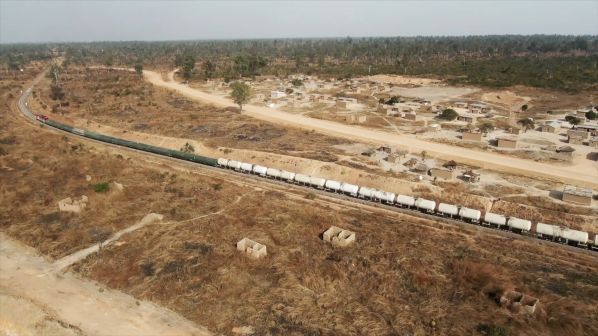Angola, the Democratic Republic of the Congo (DRC), and Zambia have united in a commitment to enhance mineral exports and promote regional economic integration through the strategic use of the Lobito Corridor. The pledge was made on Tuesday in Lobito, an Angolan city, where the three nations agreed to fully utilise the Lobito Corridor for the facilitation of mineral exports from DRC’s mineral-dense Greater Katanga region and Zambia’s Copperbelt province, as per official declarations.
Official sources revealed that a consensus was reached on the transfer of concession of railway services and support logistics of the Lobito Corridor to Lobito Atlantic Railway. This firm will assume the responsibility for operation, management, and maintenance of the rail infrastructure, essential for goods transport along the corridor.
The Lobito Corridor, encompassing rail, port, airport, and road infrastructures, links the coastal city of Lobito to both DRC and Zambia. This connection has the potential to catalyse not only economic growth in the respective countries but also stimulate regional economic integration. “The full operationalisation of this corridor will ultimately allow the opening up of mines in Zambia and the DRC, as well as access to and circulation of inputs essential to both the mining and agricultural industries,” stated DRC President Felix Tshisekedi.
Angolan President Joao Lourenco noted that the corridor would foster intra-African exports, and applauded the materialisation of commitments made within the Southern African Development Community and the African Continental Free Trade Area.
The Lobito Corridor, comprising the Atlantic port of Lobito and the Benguela railway, extends over 1,300 km into the continent. It presents the swiftest export route for copper, cobalt, and other ores from Zambia, the DRC, and other regions.
On Monday, prior to the agreement, Angola announced the establishment of a fibre optic connection with the DRC and Zambia, according to official reports.





